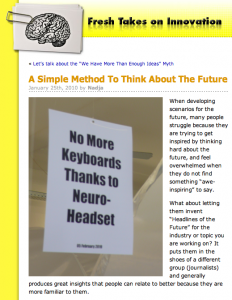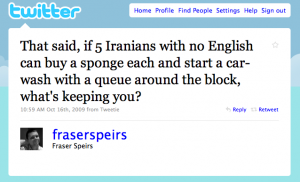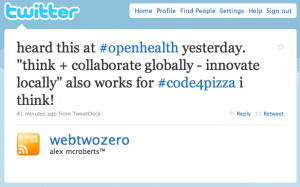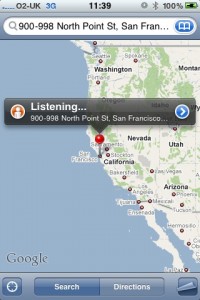Andy Oram at O’Reilly RADAR writes:
One might expect Start-Up Nation: The Story of Israel’s Economic Miracle to come from the pen of business school or economics professors, but the biographies of authors Dan Senor and Saul Singer reveal policy backgrounds. Both were advisors in the U.S. Federal Government.
…
In this blog I’ll summarize the traits that that the authors find make Israel a successful incubator for innovation, distinguishing between traits that other countries can emulate and traits that seem uniquely embedded in Israel’s historical and geographic circumstances.
…
I’ll lay out three observations that came to my mind while following the authors’ argument: the importance of hard data, flipping axioms, and the creative role government can play.
The traits Andy mentions are summarised below. Go to the article for a more detailed discussion.
- A loyalty to the entire community that goes beyond personal success.
- A sense of dissatisfaction. To innovate, one must be convinced that things are not good enough the way they are now.
- A Do-It-Yourself approach to technology, which perhaps is one manifestation of the afore-mentioned innate dissatisfaction.
- A culture of challenging authority.
- A determination to succeed against all odds
- Interdisciplinary agility.
- A tolerance for failure.
- Providing young people with arenas to exert responsibility.
- A fruitful mentoring relationship between venture capitalists and new entrepreneurs. Injecting money into new ventures (as so many countries do) is not enough
- Government policies friendly to startups.
- A truly open-arms approach to immigrants, who bring not only fresh perspectives but a high tolerance for risk.
I commented:
Coming from another nation transitioning from a traditional skills-based economy to a knowledge economy. When you compare Ireland and Israel, there are several comparisons.
A divided country, history of conflict, large international diaspora.
But there is one major difference. Ireland may have received funding from it’s diaspora but it did not receive the sort of funding that Israel received from the US DoD budget spending. The impact of the military budget combined with the impact of the diaspora is nothing to be sniffed at. I’m not saying that Ireland wants or needs DoD money – quite the opposite – but the impact of this investment seems to go unmentioned above.
My interest is, however, in Ireland, North and South. We’d welcome interactions with the Irish diaspora internationally – get in touch with the Start Virtual Incubator in Belfast or the Greenhouse Startup Incubator in Limerick – two private enterprises dedicated to helping Ireland transition to the 21st Century.









